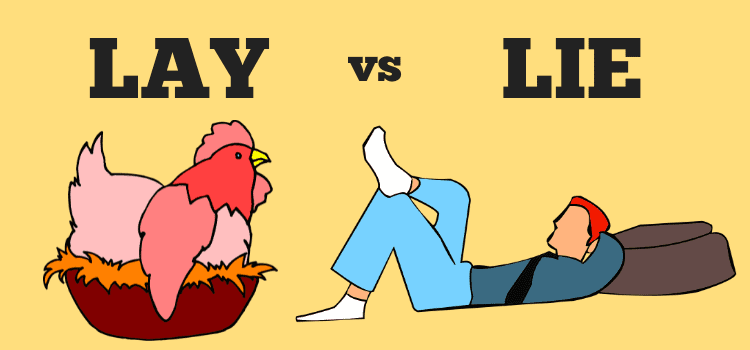
Biweekly and bimonthly are two of the most confusing and ambiguous words you can use in writing.
Recently, I received a business email informing me that one of my new payments would be bimonthly. So how often would that be? Every two months or twice a month? I was unsure.
Naturally, I had to write a reply email asking the question to receive clarification, and that’s the crux of the problem with these two words.
A reader has no way of knowing for sure what these words mean.
Why biweekly and bimonthly are unclear
The problem with these two words is that the combiner prefix BI has different meanings.
It can indicate two or having two parts. The meaning is evident in most closed words like bicycle, binoculars, biplane, bifocal, and bilingual because there are two similar components.
However, there are three possible meanings when BI is used with adjectives or adverbs of frequency, such as weekly, monthly, and annually.
BI can mean it occurs twice in every one or once in every two. It can also mean lasting for two. It’s a strange little quirk of English grammar, so there’s no way around the confusion.
The Cambridge Dictionary makes the point perfectly with its definition of biweekly.
-happening or appearing every two weeks or twice a week.
Merriam-Webster lists these two different definitions for bimonthly.
1. : once every two months
2. : twice a month
If you use the combining prefix BI with frequency adverbs in your writing, your readers will always come to one of two different conclusions.
That’s why it’s best to avoid using them in writing.
How to give more precision to your readers

The easiest way to avoid misunderstandings is to use more precise expressions to replace frequency adverbs or adjectives.
Here are some examples to help you replace biweekly.
We hold our editorial meetings twice a week on Mondays and Thursdays.
Due to budget cuts, our office is now only cleaned two times per week.
We pay our contract workers every second week on Fridays.
I have an appointment with my physiotherapist every fortnight.
Instead of using bimonthly, these examples give better clarity.
My bank pays interest into my account on the first day of every second month.
Because I have a busy schedule, I only get to visit my parents every two months or so.
I usually clear the cache on my browser twice a month.
Local council meetings take place on the first and third Wednesdays of the month.
Another option is to use the prefix semi, meaning half.
Therefore, semi-weekly is useful for events happening twice a week and semi-monthly for twice a month.
While the dictionary definitions might be specific, it’s still not as clear as using a more precise frequency expression.
What about biannually?
The adjective biannual means twice a year.
For events that happen every two years, the correct adjective is biennial.
However, although these words have different and precise definitions, they can still confuse readers.
When considering whether to use these words, perhaps it’s better to say twice a year or every two years.
Do you use a hyphen with biweekly or bimonthly?
Bi is a combining form prefix, so it generally doesn’t take a hyphen.
But if you are a stickler for a particular style guide, some might still recommend a hyphen in certain situations.
But it’s rare now. So unless you have a good reason, don’t use a hyphen.
However, my Oxford Dictionary gives two hyphen options when using the prefix semi.
In British English, you need a hyphen between semi-annually, semi-monthly, and semi-weekly, but there is no hyphen in US English.
Yes, it’s all quite weird, but well, that’s English grammar for you.
Conclusion
Sure, there are lots of confusing words and word pairs that a writer needs to remember.
However, when it comes to biweekly and bimonthly, I would always recommend finding better and more precise alternatives to avoid any possible ambiguity.
Both words have two meanings, so whenever you use them, you will confuse your readers.
It’s better to play it safe and use a clear and precise frequency expression instead.
Related reading: Continually And Continuously Are Not Quite The Same



